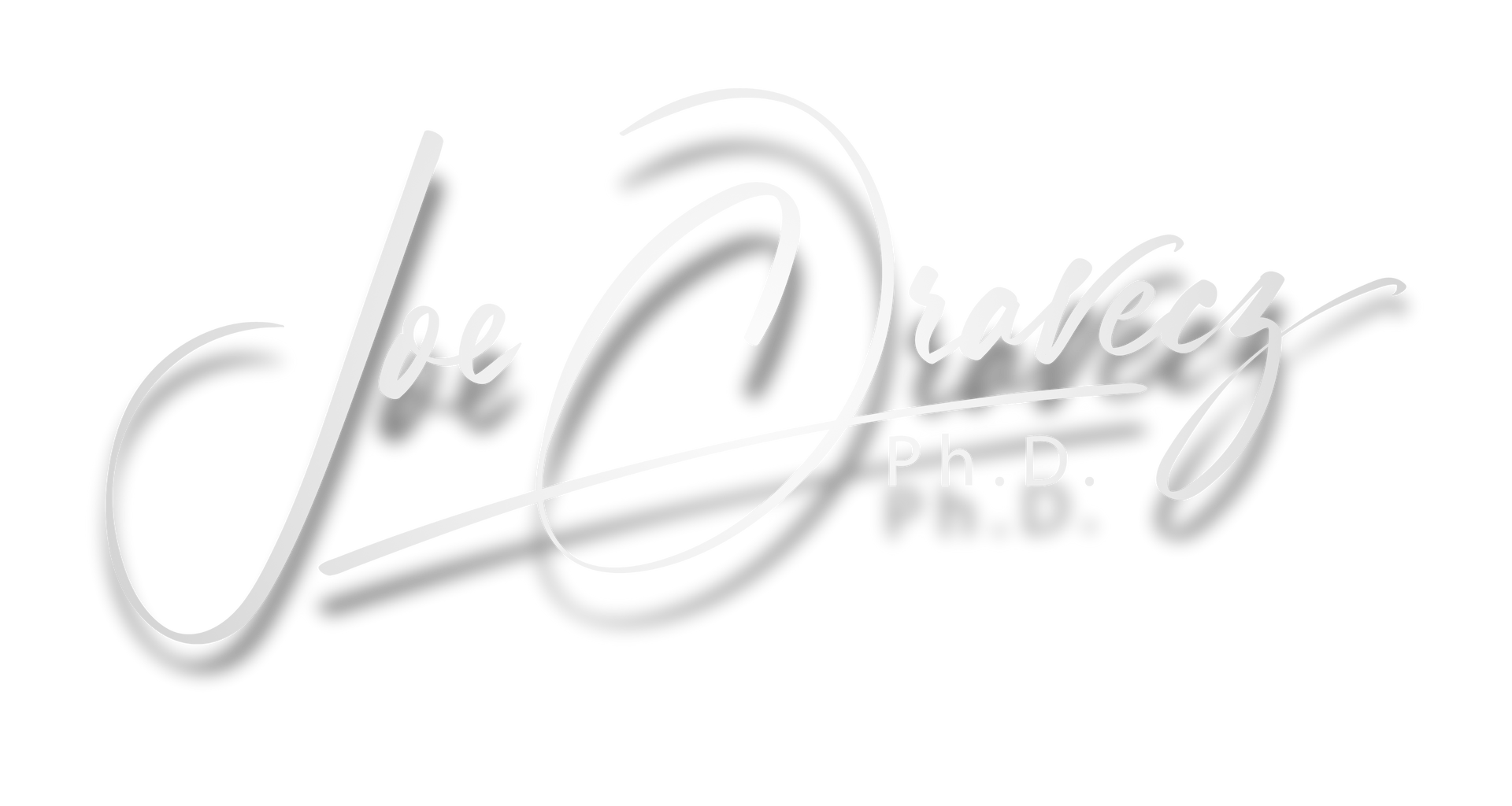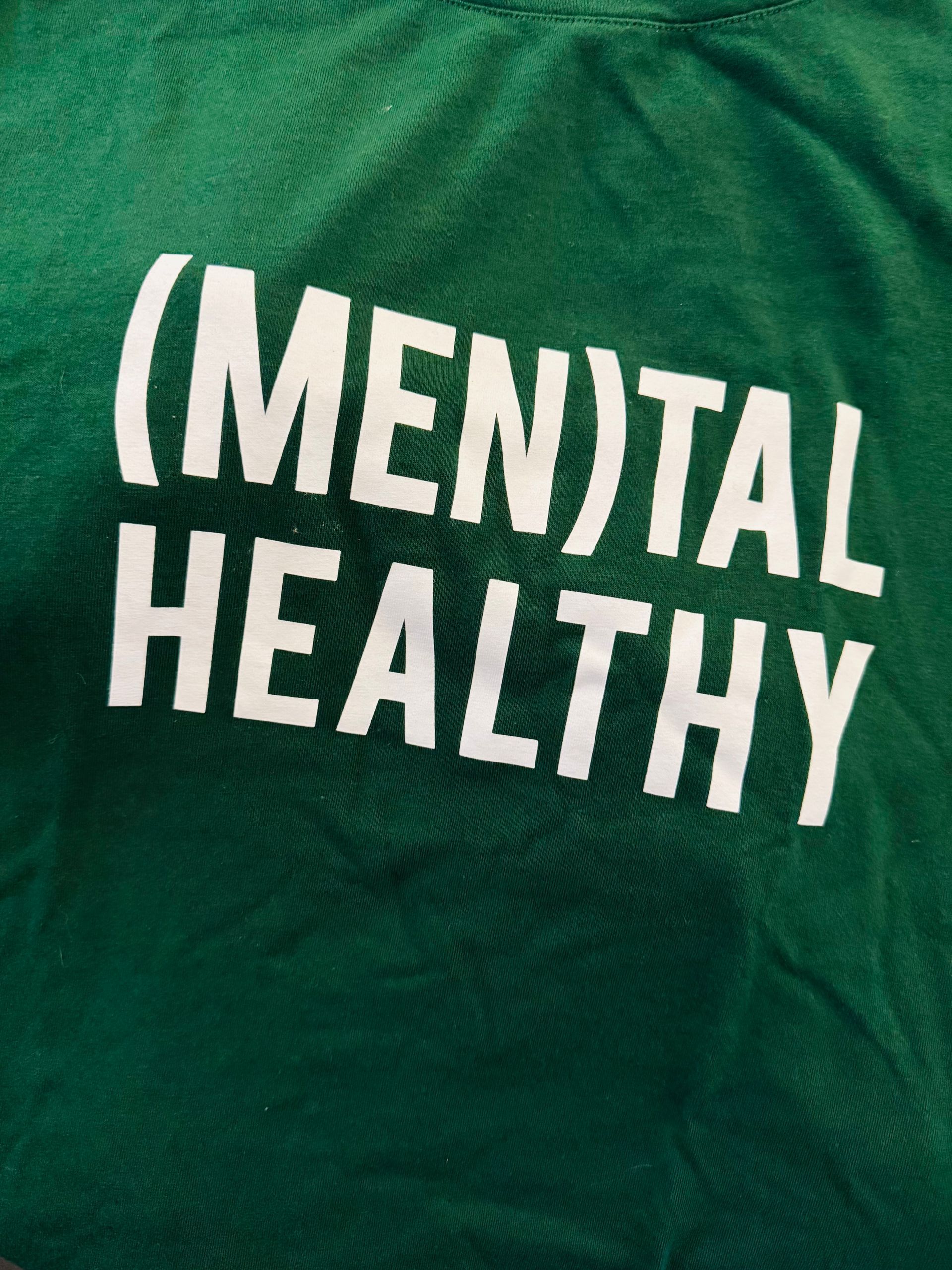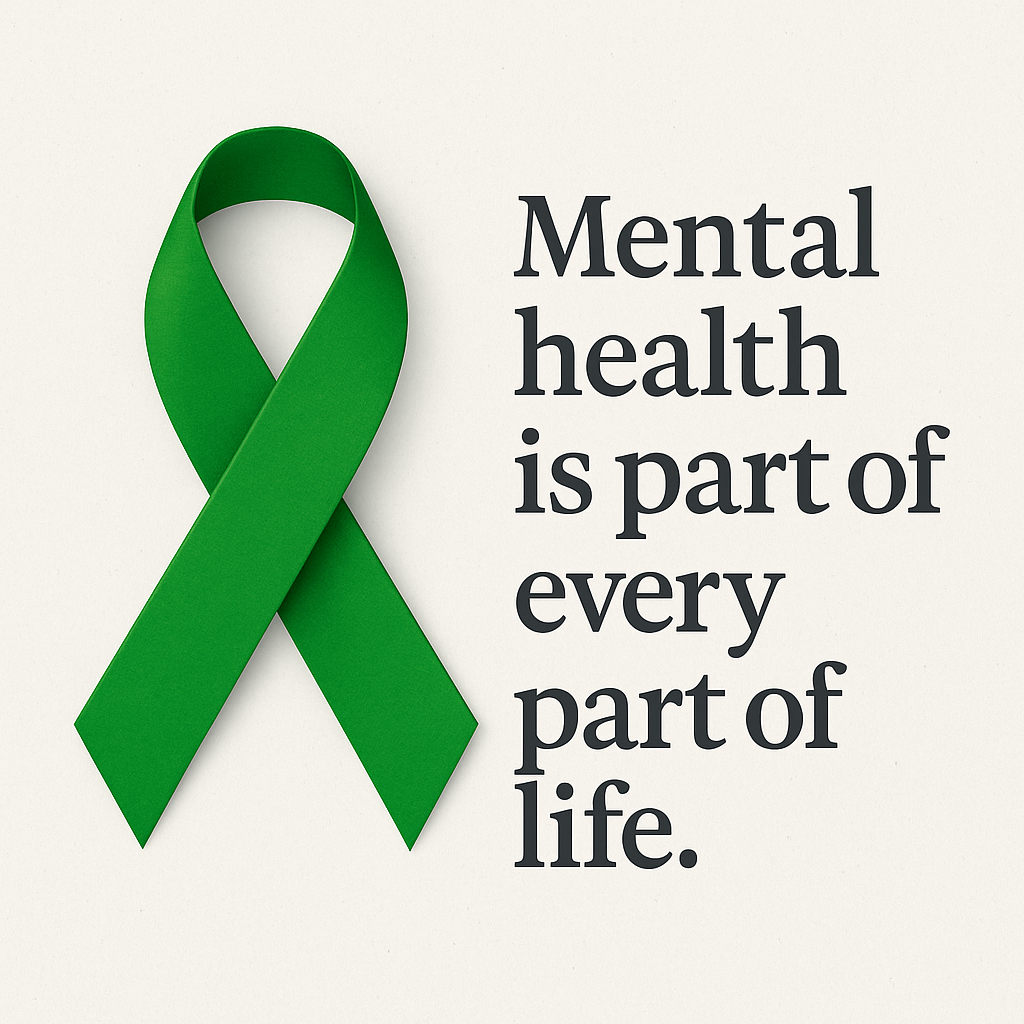Unlocking the
Leadership Superpower
That’s Hiding in Plain Sight

In the high-stakes world of leadership, strength is often synonymous with resilience, decisiveness, and an unwavering drive to push through adversity. Yet, what if the true measure of strength wasn’t in the ability to power through—but in the courage to pause, reflect, and address the quiet battles within?
As a leader who has navigated both corporate boardrooms and personal struggles with mental health, I’ve come to realize a profound truth: mental health isn’t a vulnerability; it’s a strategic advantage. And in today’s rapidly changing, multi-generational workforce, it’s the single most untapped leadership superpower.
The Hidden Disconnect
The modern workplace is a melting pot of generations—each carrying distinct expectations about mental health. Millennials and Gen Z employees demand workplaces where mental health is as valued as productivity. In stark contrast, many leaders from older generations (or, a term I like to use more often..."seasoned generation") still echo the “suck it up and do the work” mentality—a mantra that served them in the past but creates an unspoken barrier today.
This generational disconnect is more than a cultural difference—it’s a critical business risk. Companies that fail to bridge this gap risk losing not only top talent but also their competitive edge in an era where psychological safety and well-being are non-negotiables for employee engagement.
The Paradigm Shift
Here’s the paradigm shift: mental health leadership is not performative; it’s transformative. It begins at the top and cascades through the organization. A leader’s willingness to address their own mental well-being sets the tone for the entire workplace culture.
But it goes deeper than offering wellness programs or mental health days. It’s about leaders actively modeling what it looks like to prioritize mental health. Imagine an executive pausing a meeting to acknowledge their stress and sharing how they’re addressing it. That small act not only normalizes mental health but also humanizes leadership.
Mental Health: The New ROI
For leaders still caught in the grind culture, consider this: research consistently shows that employees who feel psychologically safe are 50% more productive and 76% more likely to stay with their company long-term. Mental health isn’t a soft skill—it’s a hard return on investment.
Moreover, modeling mental health creates ripple effects. It builds trust, fosters innovation, and dismantles the stigma that prevents employees from seeking help. In an age where burnout is at an all-time high, leaders who “walk the talk” on mental health are the ones who will sustain growth and loyalty.
My Challenge to Thought Leaders
Here’s where I challenge the status quo: authenticity is not enough. Leaders often believe they’re already authentic because they’re transparent about business challenges or personal quirks. But true authenticity means leaning into the uncomfortable—admitting when mental health struggles arise and addressing them openly.
Mental health leadership is not just about creating a safe space for others; it’s about becoming the role model you wished you had. It’s about saying, “Here’s how I’m navigating my own challenges,” and inviting your team to do the same.
Why This Matters Now
As we face the ongoing fallout of a global pandemic, economic uncertainty, and increasing societal pressures, mental health is no longer a sidebar conversation—it’s the main stage. The next generation of leaders will not be defined by their ability to lead through crises but by their ability to lead with humanity.
So, ask yourself: What legacy are you leaving as a leader? Will you be remembered for driving results or for driving a culture that elevated mental health to its rightful place as the cornerstone of leadership?
A New Call to Action
It’s time to reframe leadership. The strongest leaders are not those who avoid mental health conversations but those who embrace them with courage and clarity. Let’s lead not just with our minds but with our whole selves—modeling what it means to be human in a role that so often demands superhuman effort.
The world doesn’t need more resilient leaders. It needs mentally healthy ones. And that begins with you.
What will you do to make mental health your leadership legacy?










